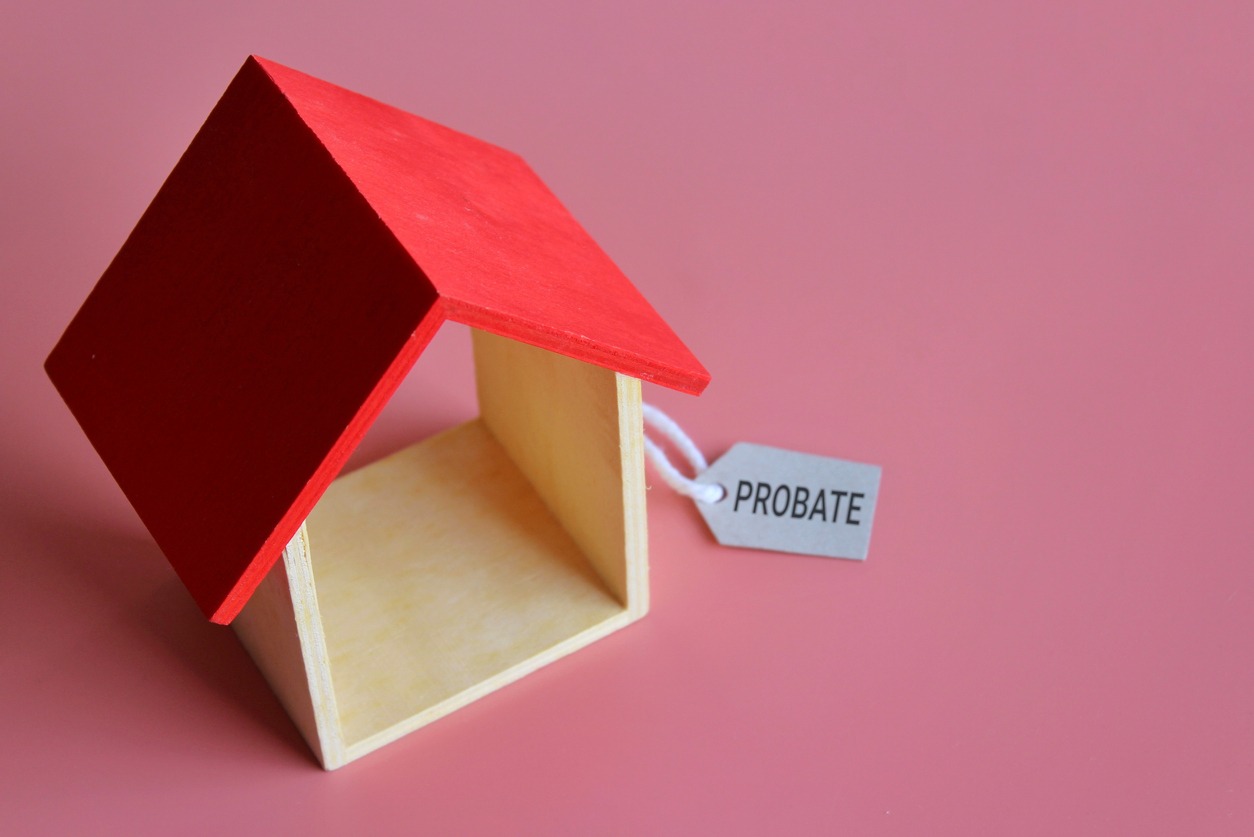Understanding Probate: Piecing Together the Process
Winding up an estate after a death can be complicated. Understanding probate, and the process involved before you start, is important. This allows you to decide whether you have the capacity to take on the task or whether you need the help of a probate professional.
What is probate?
The word probate is often used to refer to the process of dealing with someone’s affairs after their death. Probate is the process of administering a persons estate by organising their assets, money and possessions when they pass away. Their estate must be distributed as per the terms of a will or in line with the rules of intestacy. It also refers to the Grant of Probate. A legal document giving authority to the executors named in the Will to deal with the deceased’s estate.
Where the deceased did not leave a Will, then the document required is a Grant of Letters of Administration.
Do I need a Grant of Probate?
A Grant of Probate or Grant of Letters of Administration is not always needed. In the case of a small estate that holds no property to be sold, it may be possible to wind up the estate without a Grant. There is no set definition of a small estate. It will depend on the bank where the deceased had an account as to whether probate is necessary. Each bank has their own limit above which a Grant of Probate will be required. This is generally between £5,000 and £50,000.
Probate is also not required for property that is owned jointly as joint tenants, as this passes through the right of survivorship. This means the property automatically passes to the surviving owner.
Probate is required however when property is jointly owned but as ‘tenants in common’ or where a larger estate requires distributing.
How do I obtain a Grant of Probate?
To obtain a Grant of Probate, the estate executor will firstly need to value the estate and calculate whether Inheritance Tax is payable. Calculating Inheritance Tax can be complicated. You will need to take into account substantial gifts made in the seven years before death, as Inheritance Tax may also be payable on the value of these gifts on a sliding scale.
Once the estate has been valued and Inheritance Tax paid, you can apply to the Probate Registry. This is for either a Grant of Probate or Grant of Letters of Administration. You will need to fill in their application form and send it together with the original Will, if there is one. You must include any codicils that may have been made and the application fee. HM Customs & Excise will send a receipt for any Inheritance Tax that has been paid directly to the Probate Registry.
Do I need to pay Inheritance Tax?
No Inheritance Tax is payable if the estate is worth £325,000 or less or if you leave everything above £325,000 to your spouse, civil partner or a charity.
If you leave property to your children or grandchildren, the threshold can increase to £500,000. If you were married or in a civil partnership and your spouse/civil partner predeceased you and their Inheritance Tax allowances were not used when their estate was administered, the allowances can be transferred to your estate.
Calculating Inheritance Tax can be complicated, especially if gifts were made in the seven years prior to death. You are advised to seek expert advice if you are not sure how much is payable. The estate will be charged interest and penalties if insufficient tax is paid.
Personal representatives to an estate, ie. executors and administrators, have personal liability for any errors that are made. Thus meaning they would be required to reimburse the estate for penalties and interest that could have been avoided.
What do I do once probate has been received?
Once the Grant of Probate or Grant of Letters of Administration has been received, you can begin dealing with the deceased’s estate. You may start to close bank accounts and sell assets such as shares and property.
You will need to prepare detailed estate accounts, after all of the assets have been liquidated and a period of time has elapsed. This is to give creditors and potential beneficiaries time to make themselves known. You can then account to the beneficiaries with their share of the inheritance.
If I am an executor do I have to deal with the estate administration?
Dealing with an estate administration can be complex and often very time-consuming. Not everyone is up to the task and it is open to you to instruct a probate Professional to carry out the process on your behalf. Their costs will usually be paid from the estate.
Not applying for probate
Not applying for probate, means that the deceased’s estate cannot be dealt with. The estate cannot be assessed or distributed, leaving assets and accounts frozen and in a state of limbo.
If you do not apply for probate, as either an executor or administrator then generally the deceased’s estate cannot be accessed or transferred. As explained, probate may not be needed for smaller estates or for property owned as joint tenants. It is always best to seek professional advice before distributing any estate.
Contact Us
If you would like to speak to one of our experts call us FREE on 0800 781 6658 or email us at enquiries@estplan.co.uk

Our services help numerous clients and their families to proactively safeguard their wealth and optimise inheritance for cherished beneficiaries. Plan for the future now, ensuring later-life protection and certainty for your loved ones.
